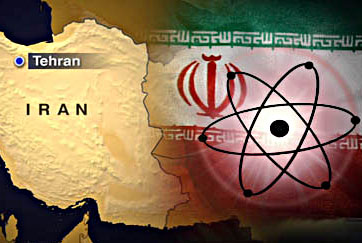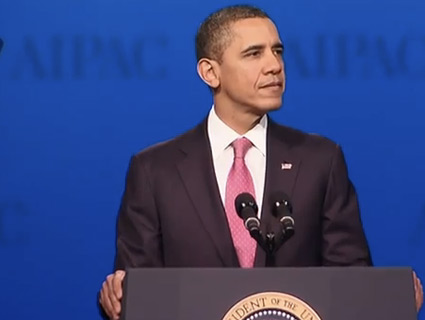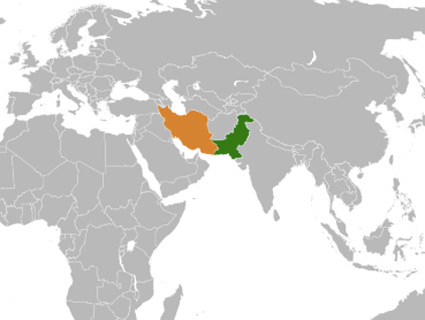In an important piece in the Washington Monthly today, Paul Pillar argues that we could live with a nuclear Iran. “An Iran with a bomb,” he says, “would not be anywhere near as dangerous as most people assume, and a war to try to stop it from acquiring one would  be less successful, and far more costly, than most people imagine.”
be less successful, and far more costly, than most people imagine.”
Pillar’s argument is basically twofold. First, he contends that both history and the bulk of the evidence suggest that Iranian leaders aren’t suicidal or maniacal. They’d be deterred from launching an attack on Tel Aviv by the same thing that deters all the rest of us: fear of massive retaliation that would turn their country into a glassy plain. Second, he’s skeptical that a nuclear Iran would “throw its weight around” any more than the current version of Iran. “A rich body of doctrine,” he says, suggests that nukes are useful in deterring aggression — something that’s probably much on Iran’s mind these days — but “much less useful in ‘shielding’ aggressive behavior outside one’s borders.”
I think he’s right on both counts. But I was disappointed that he didn’t spend more time on the argument that’s always seemed most compelling to me: that a nuclear Iran would spark an arms race in one of the most unstable regions on the planet. Here’s what he has to say about that:
To be sure, the world would be a better place without an Iranian nuclear weapon. An Iranian bomb would be a setback for the global nuclear nonproliferation regime, for example, and the arms control community is legitimately concerned about it. It would also raise the possibility that other regional states, such as Saudi Arabia or Egypt, might be more inclined to try to acquire nuclear weapons as well. But that raises the question of why these states have not already done so, despite decades of facing both Israel’s nuclear force and tensions with Iran.
….Indeed, the alarmists offer more inconsistent arguments when discussing the dynamics of a Middle East in which rivals of Iran acquire their own nuclear weapons. If, as the alarmists project, nuclear weapons would appreciably increase Iranian influence in the region, why wouldn’t further nuclear proliferation—which the alarmists also project—negate this effect by bestowing a comparable benefit on the rivals?
As a notable non-expert in nuclear proliferation theory, I don’t have a lot to add to this. But it does seem like it deserves a little more than just a couple of paragraphs. Nuclear proliferation isn’t necessarily driven by sober logic, and other states might acquire nukes just because they’re scared. And while most governments, no matter how odious, are pretty rational about their own self-preservation, not all of them are all the time. More countries with more nukes would almost certainly increase the odds that someone, sometime, would do something crazy.
Now, if I had to guess, I’d say the main obstacle in the way of growing proliferation is simply that it’s harder and more expensive than it looks. Saudi Arabia might be able to do it, but could Syria? Or Lebanon? Or even Egypt? Maybe, but it’s far from a certainty.
In any case, I think this probably deserves more discussion, if for no other reason than the fact that it’s Barack Obama’s primary argument for preventing Iran from going nuclear. You might not need to convince me that it’s a bad argument, but you sure need to convince him.

















